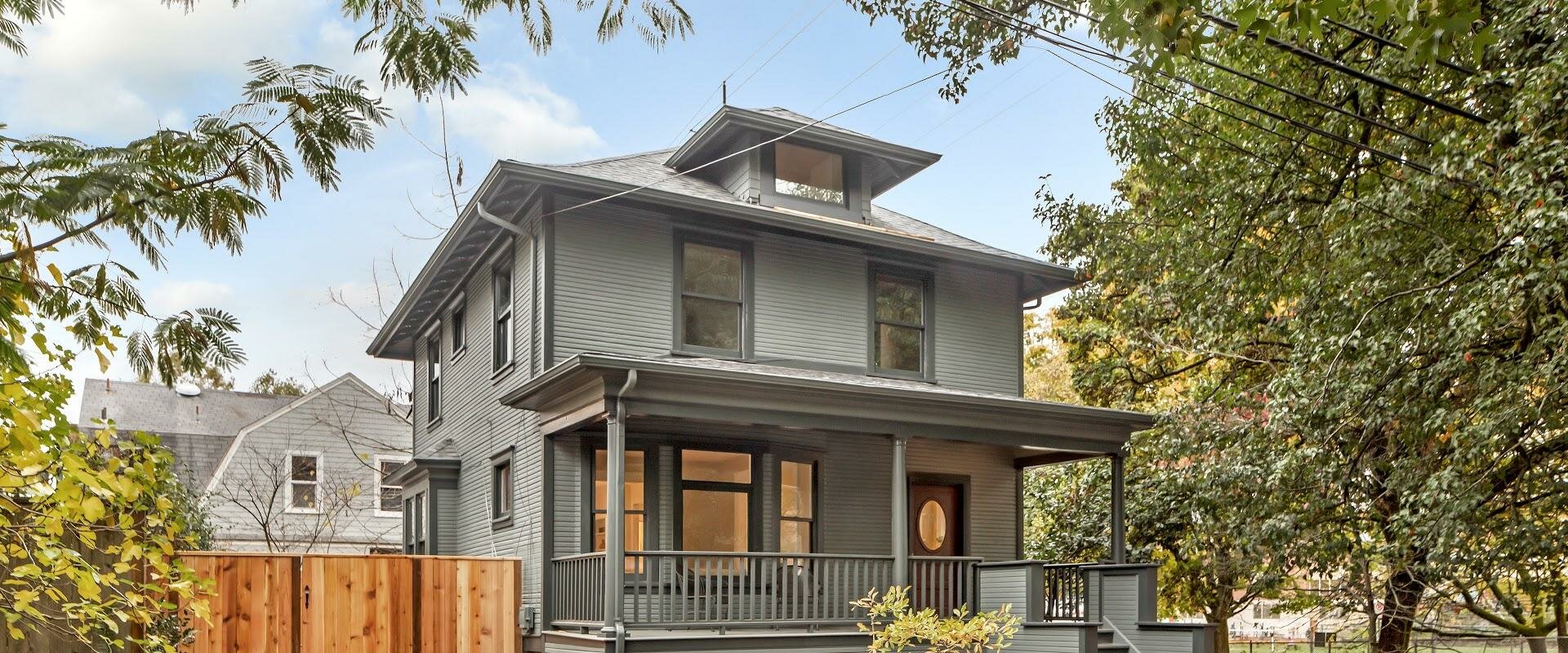Investing in real estate is one of the most powerful ways to build long-term wealth—and unlike stocks or other paper assets, real estate is a physical, tangible investment. That’s part of its appeal… but also part of its risk.
While a stock may dip in value due to market volatility, there’s little that can happen to the asset itself—it’s stored electronically and has no physical footprint. Real estate, on the other hand, is a real-world asset. It can generate passive income through rent and appreciate in value over time, but it’s also vulnerable to things like fire, storms, vandalism, lawsuits, and tenant damage.
That’s why insurance for your rental property in Seattle isn’t optional—it’s essential.
Here’s a checklist of insurance that you may need:
Checklist: What Insurance Should I Have For My Rental Property In Seattle?
There are many insurance products available that can benefit rental property owners, but the most important ones fall into a few key categories. Some landlords choose to purchase each policy separately based on their property’s specific needs, while others prefer the convenience of a bundled policy. Many insurance providers offer comprehensive “landlord insurance” packages, which combine several essential coverages into a single policy.
When speaking with your insurance broker, ask whether they offer a customized landlord package—or whether it makes more sense to build coverage à la carte based on your property type, location in Seattle, and risk profile.
Property Insurance.
Property insurance is the foundation of your rental property protection plan. It helps cover the cost of repairs or replacement if your building is damaged by unexpected events or natural disasters. Depending on the policy, this coverage can include risks such as:
-
Fire and smoke damage
-
Lightning strikes
-
Windstorms or hail
-
Vandalism
-
Certain types of water damage
However, it’s important to note that not all policies are created equal. The specific events (or “perils”) covered will vary based on your insurer and location. That’s why it’s essential to read your policy carefully and understand what is—and isn’t—included.
For example, if your property is in or near a high-risk flood zone in Seattle, standard property insurance typically won’t cover flood-related damage. In this case, you’ll need to purchase an additional “rider” or a separate flood insurance policy to ensure full protection.
Always talk to your insurance broker about your location-specific risks so they can help tailor your policy accordingly.
Liability Insurance. If a tenant or visitor injures themselves on your property, they may sue you to help pay for their medical bills and loss of employment income. Liability insurance helps to protect you from the financial burden if a lawsuit goes against you.
Tenant Insurance: Tenant insurance isn’t something you need to get for yourself but we’re mentioning it here because it’s something you should urge your tenants to get. Tenant insurance is insurance for tenants that will cover any financial loss of their belongings.
Here’s How These Insurances Work
As an example, if a fire starts, your property insurance may cover the repairs to the property, the liability insurance may cover you if the tenant chooses to sue you, and the tenant insurance will cover any damage to the tenant’s belongings.
Get The Insurance You Need
There may be other insurance to consider as well, including insurance for your business in case you are injured and unable to work, or there might be other insurance available (such as those through your credit card or bank) to cover bills if there’s a loss of income.
Insurance needs are different for every situation; we’ve covered the 3 basic insurances above to get you started but you should always talk to an insurance professional who can assess your needs based on your individual situation.

